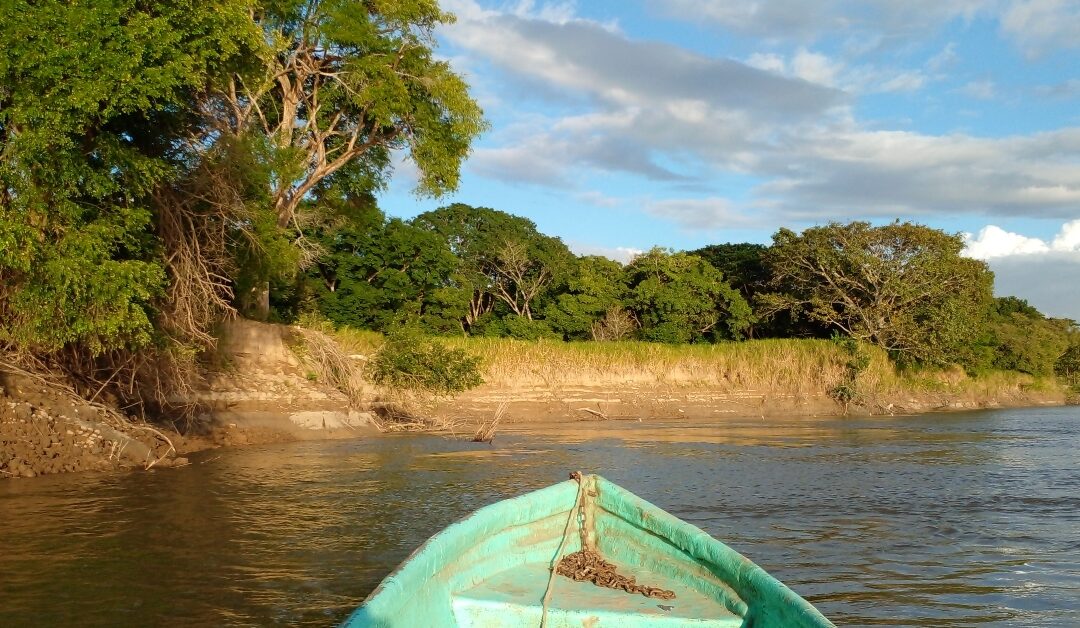
Mexico: Community tourism, its potential to reach the SDGs
A case-study of Chaschoc Lagoon, Mexico This article is written by Dulce Maria Chan Cruz, tourism lawyer, and edited by Rianne Doller, vice president Icare Sustainably International Icare publishes regular articles on COVID-19 and how we can limit long-term negative...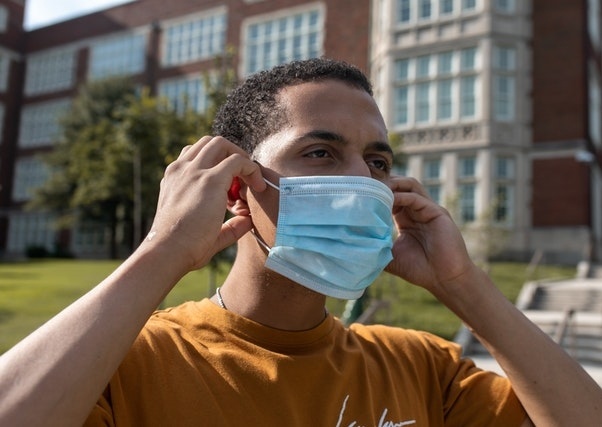
Global partnerships in research and how those can contribute to reaching the SDGs by 2030
A case-study of COVIDiSTRESS project and Icare Sustainably’s contribution This article is written by Amaani Jinadasa, Carolyne Nyarangi, Rianne Doller from Icare Sustainably International together with Sara Vestergren, lead researcher of the COVIDiSTRESS project. ...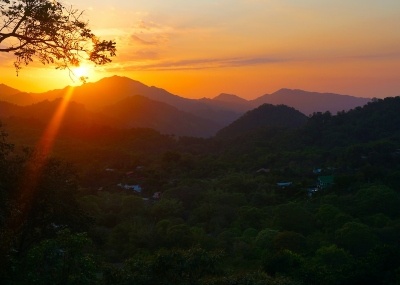
Indigenous people in Colombia during COVID-19
This article is written by Tatiana Gómez Tibasosa on behalf of Icare Sustainably International. Editing done by Rianne Doller and Carolyne Nyarangi. Translation from Spanish done by Jessika Gutiérrez Montenegro. The article is part of an ongoing series depicting the...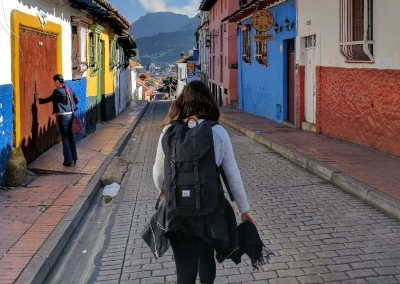
Focus on the power of local initiatives: How teachers continued educations in three rural regions of Colombia
Creativity is an endless resource used by teachers to ensure schooling continues. But, shouldn’t the National Government be the one who provides the resources for the improvement of the educational system in pandemic times? Because the alternatives provided by the educators from the three rural areas we discussed were all done without government involvement, be it by providing educational resources, knowledge or money.
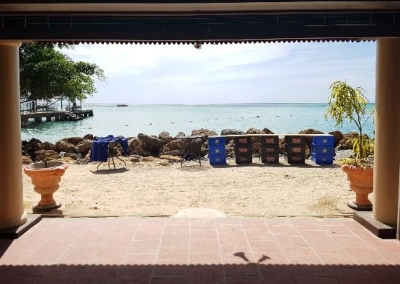
How to continue education during a pandemic? Focus on the power of teachers and students
The precise effects of COVID-19 on development are not clear yet. It is clear, though, that the effects of the pandemic on development will be felt for a long time. Therefore, it is important to be proactive and assess what we can do now, to prevent the worst negative outcomes of the virus. This article gives recommendations with the small island state Trinidad and Tobago as main focus.
